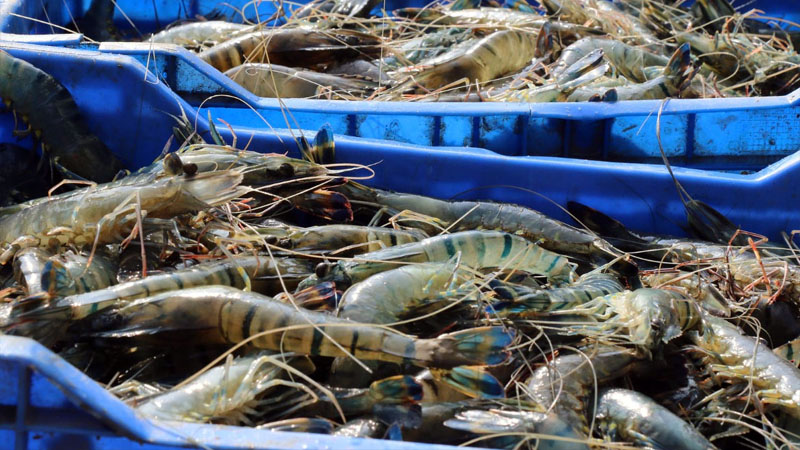Exclusive content

To enhance its seafood exports, Indonesia is turning its attention to Egypt’s burgeoning appetite for whiteleg shrimp. This initiative, spearheaded by the Indonesian Embassy in Cairo in collaboration with the Central Sulawesi Provincial Maritime Affairs and Fisheries Service, aims to tap into a lucrative market ripe for growth.
Diplomatic Engagements and Farm Visits
The Indonesian Ambassador to Egypt, Lutfi Rauf, has taken a hands-on approach, recently touring the shrimp farming operations of PT EPU in Central Sulawesi. Such visits underscore the government’s commitment to supporting local producers, positioning them to meet both domestic and Middle Eastern demand. “This visit shows the government’s support for PT EPU,” remarked Rauf, emphasizing the farm’s capacity to cater to Egyptian consumers’ preferences for high-quality seafood.
In a market increasingly drawn to whiteleg shrimp, Indonesia is keen to assert its dominance. Rauf identified Egypt as a promising outlet for Indonesia’s premium seafood products, suggesting that the high quality and competitive pricing of Indonesian shrimp could resonate well with local buyers.
Sustainability and Digitalization: The New Norm
As part of its strategy, Indonesia is keenly aware that quality and sustainability will be pivotal in attracting discerning customers. M. Syahran Bhakti S., the embassy’s trade attaché, highlighted the role of digitalization in enhancing operational efficiency and sustainability. By implementing a digital data system, PT EPU aims to bolster its environmental credentials, reassuring buyers about the sustainability of their shrimp supply. Bhakti noted that such advancements could stimulate interest from potential buyers in Egypt and the wider region.
The numbers back up this optimism. Exports of Indonesian fishery and marine products, classified under the HS 1604 harmonization code, reached USD 2 million in 2023, while frozen fish exports under HS 0303 brought in an additional USD 855,000.